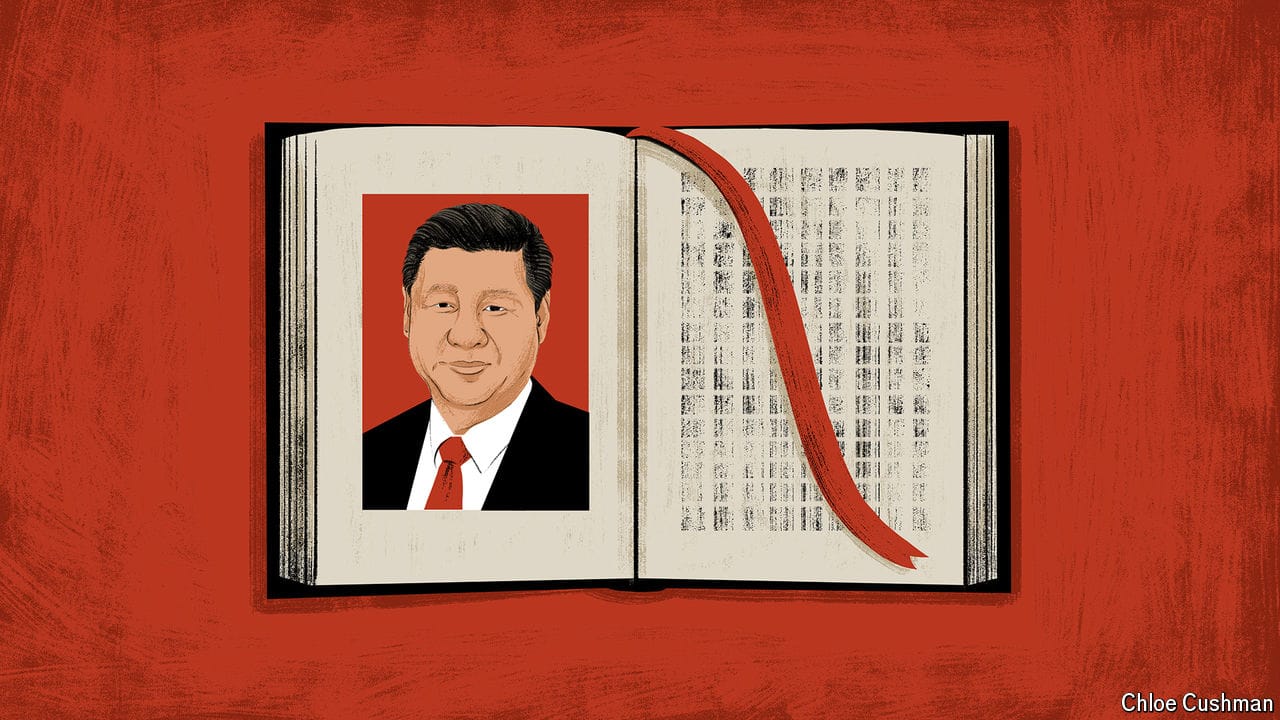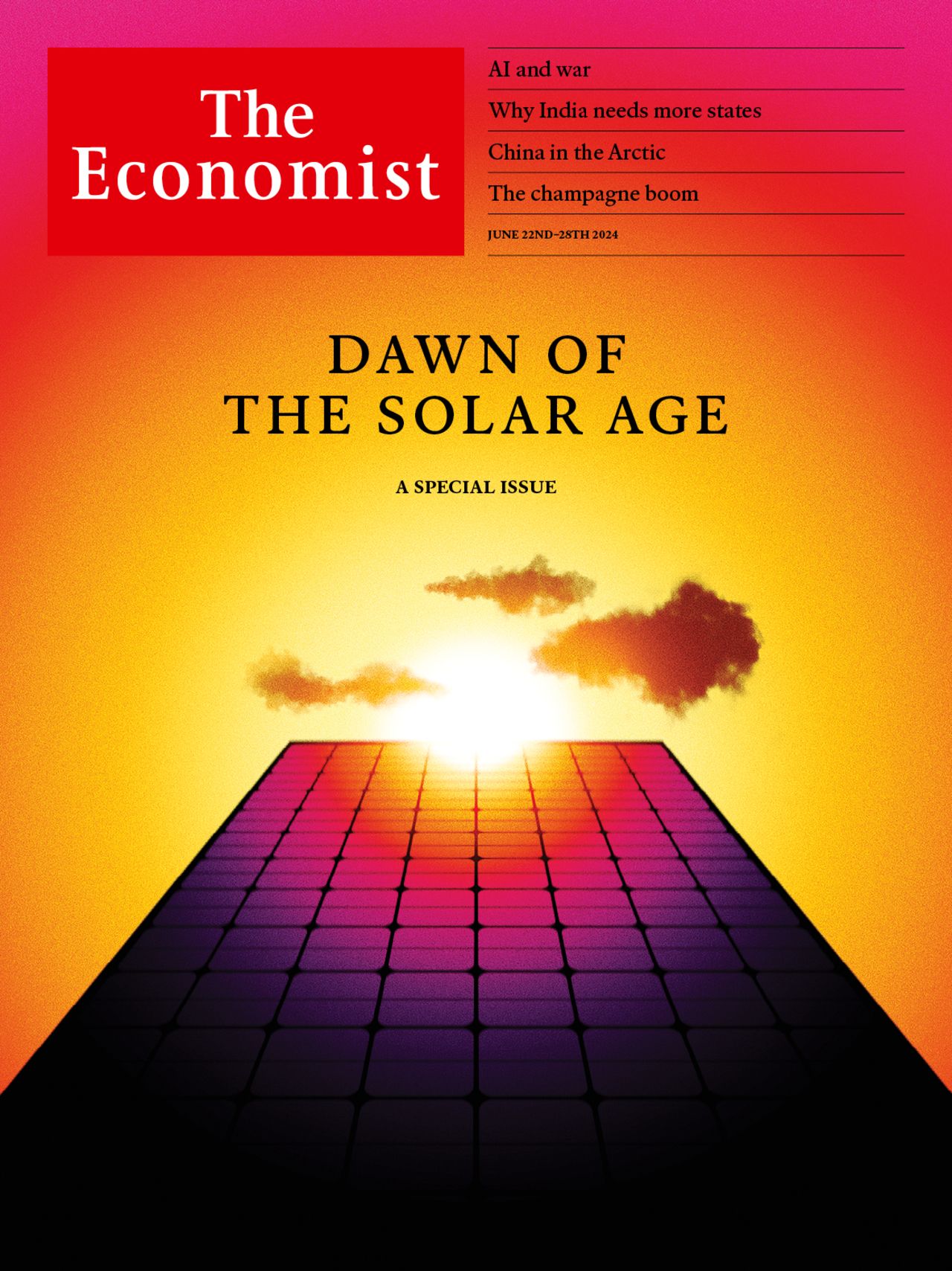China’s revealing struggle with childhood myopia
Anxious parents don’t want to let children play outdoors and do less schoolwork

NO ETHICS committee would let researchers trap millions of children indoors for months, just to test the effects on their eyesight. Yet China’s strict zero-covid rules—notably a nationwide lockdown that closed many schools between January and May 2020, leaving children studying online with few chances to leave their homes—created just such a natural experiment.
The results are in and they are “dramatic”, says Lan Weizhong, an ophthalmologist at Central South University in Changsha. After pandemic lockdowns ended, mass eye tests in several Chinese cities detected spikes in rates of childhood myopia, or fuzzy sight at a distance. That confirms the widely held scientific belief that the healthy growth of young eyes is impeded by too much “near work”, including time spent reading books or watching screens, and by a lack of time outdoors, says Professor Lan.
Explore more
This article appeared in the China section of the print edition under the headline “China’s revealing struggle with myopia”
More from China

China is itching to mine the ocean floor
It wants to dominate critical-mineral supply chains

China unveils its new economic vision
It promises many reforms, but remains ambivalent about the role of the market

The nationalism of ideas
Xi Jinping wants Chinese systems of knowledge, free of Western values
The noose around the press in Hong Kong tightens
Even advocating press freedom begins to seem a bad career move
China’s ruling party sets out its vision of economic reform
The party sees no need for a decisive break with the past
Fury erupts in China over a food-safety scandal
Rare investigative journalism touches a raw public nerve
